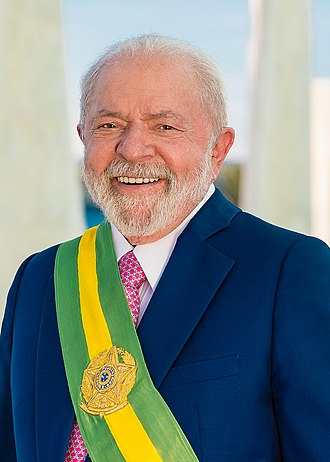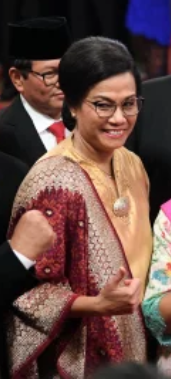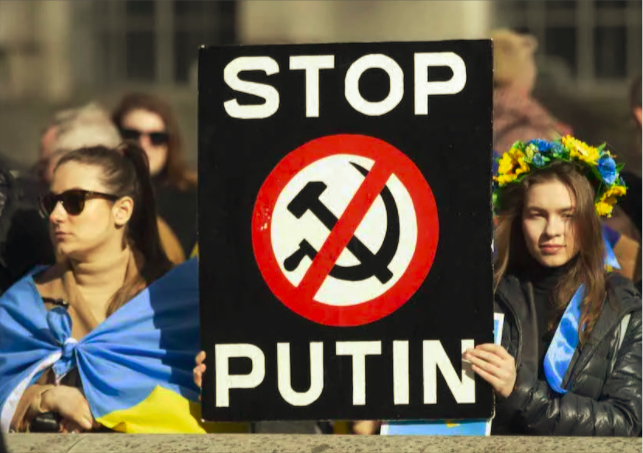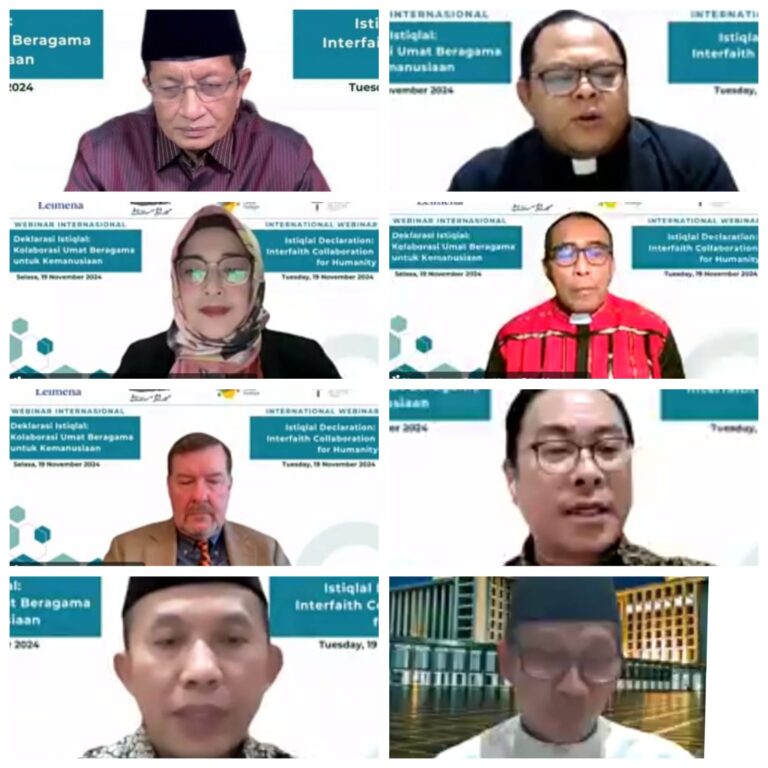
Luiz Inácio Lula da Silva
STRATEGIC ASSESSMENT. While his election last year was cheered on by international observers concerned about the spread of right wing autocracy. Brazilian President Luiz Inácio Lula da Silva is now complicating the geopolitical ambitions of his Western partners who would like to contain and isolate China and Russia. In addition to strengthening Brazil’s bilateral ties with the People’s Republic of China (PRC), Lula has been outspoken in criticizing Ukraine’s war effort and U.S. support for Kyiv, generating blowback in the United States and Europe. Nonetheless, Brazil, currently a UN Security Council member, notably voted in the General Assembly in 2022 to condemn Russia’s aggression in Ukraine. Given the economic heft his country wields, Lula could prove influential among his Global South peers as he stakes out a position on great power conflict.
The economic powerhouse of Latin America, Brazil stands at the forefront of the Global South. Its economy is the second largest in the Western hemisphere, and it is part of an elite group of five developing economies known as the BRICS (Brazil, Russia, India, China, and South Africa) that many analysts once predicted would come to dominate global markets by the middle of this century. China and Russia have both made concerted efforts to court the other members of the bloc. China’s overall economic might, coupled with strategic Chinese infrastructure investments that are the centerpiece of the PRC’s Belt and Road Initiative have earned Beijing substantial influence within the group. Russia has also sought to strengthen its partnerships with other BRICS countries after its full-scale invasion of Ukraine severely strained its relations with many countries throughout Europe.
In April, Lula traveled to China – his country’s largest international trading partner – as part of a globetrotting diplomatic reset meant to restore relations undermined by his predecessor, former President Jair Bolsonaro. Meeting with Chinese President Xi Jinping, Lula signed 15 bilateral agreements focused on technological cooperation, trade, and agriculture. Through the trade deals, both countries agreed to abandon the U.S. dollar and instead trade in their own respective currencies. China and Russia have both sought to replace the dollar as the international standard for financial transactions. While in China, Lula also issued a statement calling into question the primacy of the dollar in underwriting global trade. Chinese and Russian motivations, however, are also undoubtedly driven by a desire to attenuate the impacts of U.S. sanctions.
Notably, Lula’s recent trip to Beijing comes as the PRC steadily chips away at Taiwan’s relations with Latin America. Since 2017, five Central American states have rescinded diplomatic relations with Taiwan, the most recent being Honduras in March after pitting China and Taiwan against each other to see which country would step up to provide it with billions of dollars in investment. Today, only 13 countries – most of which are in Latin America, the Caribbean, and the South Pacific – formally recognize Taiwan’s independence from the PRC.
It is also unsurprising to see that Brazil has not been eager to proactively back the United States or its allies in supporting Ukraine’s military contest with Russia; the last power struggle during the Cold War led to 20 years of Brazilian suffering under the rule of a U.S.-backed military dictatorship. Almost 500 people disappeared or were killed under the regime, with at least 50,000 tortured and about 100,000 detained. Lula has also been predisposed to neutrality when it comes to international conflicts, dating back to his previous terms in office. However, Lula has gone so far as to suggest that both warring countries are at fault for the continuation of violence, reflecting a general coalescing of some leaders on the far-right and far-left around pro-Russian positions. This position has generated opprobrium, however, and he has since attempted to walk it back by condemning Russia’s violation of Ukrainian territorial sovereignty. Nonetheless, Lula has also called for the United States and Europe to cease supplying arms to Ukraine, arguing they are prolonging the war, and suggested the conflict could be resolved if Ukraine would cede Crimea to Russia.
At the same time, Lula has attempted to position Brazil as part of a coalition of neutral countries which have the gravitas to broker a potential peace deal. Such a coalition would reportedly include China, which in February released a vague position paper calling for a political settlement to the conflict without laying out any clear means for achieving peace. In March, Lula’s foreign policy adviser met with Russian President Vladimir Putin in Moscow to discuss the prospects for peace, and Brazil received Russia’s Foreign Minister Sergey Lavrov last month, who commended Lula’s position on the matter. In his call with President Zelenskyy, Lula discussed the ongoing war and the pursuit of peace, and expressed willingness to accept the Ukrainian president’s invitation to Kyiv “upon consideration at an appropriate time.”
These recent events are surely disappointing to Western observers who hoped Brazil would gravitate more closely toward the West after seemingly rejecting the reactionary and isolating tendencies of its previous administration. While the United States views Brazil as an instrumental partner in combatting climate change, and U.S. President Joe Biden even invited Lula to the White House in February, U.S. National Security Council spokesperson John Kirby did not mince words when he recently accused Lula of “parroting Russian and Chinese propaganda.”
Yet it may be premature to doubt Lula’s sincerity when he says he wants to strike a balance between the West and its geopolitical competitors, even if initial appearances suggest he is tilting toward the autocrats. After all, from a purely economic perspective, the United States is an irreplaceable partner for the time being. While China may be Brazil’s biggest trading partner, the United States remained either its greatest (according to the Brazilian Central Bank) or second greatest (according to the International Monetary Fund – behind the Netherlands) source of foreign direct investment as of 2020. Beyond climate change, where Brazil plays a vital role as protector of the Amazon rainforest, Lula has also acknowledged other important common interests his country shares with the United States, including combatting domestic far right extrimism. Still, if Lula’s tenure is meant to mark a pivot for Brazil’s international relations, he will need to course correct if he hopes to strike a balance that allows him to reap Chinese economic benefits and play a role in international diplomacy without alienating Washington D.C.






